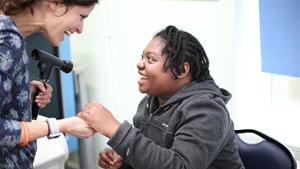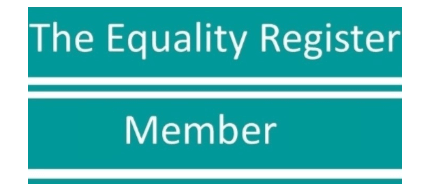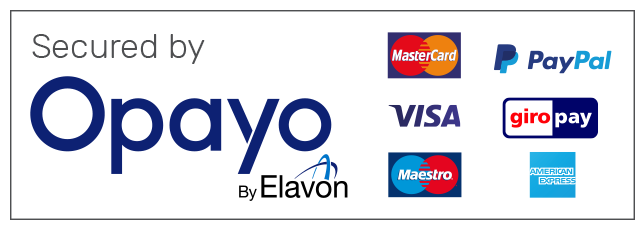Children in focus - a clear call to action
Around 100,000 children attend special schools in England, including the majority of children with severe learning disabilities or autism. Our study indicates that up to half of these children are likely to have a problem with their vision, yet alarmingly an estimated 40,000 children will have never received any eye care.
This means thousands of children who desperately need glasses are going without, many suffering extremely poor vision without anyone knowing about it, impacting on their ability to learn, play and socialise. While others with more serious eye conditions are being deprived of sight-saving treatment.
We are calling on NHS England to make wide reforms to community eye care for children and adults with learning disabilities and introduce adjusted eye tests in special schools. Failure to target these high-risk children with eye care they are able to access is causing unnecessary vision impairment and putting their eye sight at risk.
SeeAbility has supported over 1,200 school children across England, providing adjusted eye tests and collecting data. It's the biggest global study actively reporting on the eye care needs of children with learning disabilities.
Of the children using the SeeAbility service over a four year period:
- Nearly half (47.5%) had a problem with their vision.
- A third (31.7%) needed glasses.
- Over four in ten (43.7%) had no history of any eye care.
- Only 7% had ever used a community optician.
Of those children with a sight problem:
- More than a quarter (28%) had a problem that was previously unknown to school or their parents.
The full findings are in our new fourth-year report, Children in Focus – a clear call to action, published today as part of SeeAbility’s Equal Right to Sight campaign.
All children in England are entitled to have a free NHS annual eye test. However, children with learning disabilities are often unable to access or cope with standard eye tests provided in high street opticians or in a hospital clinic.
Many parents of children with learning disabilities are unaware of the increased likelihood of sight problems for their child. Those who are aware are often at a loss to know where to take their child for an eye test they can cope with.
Children who have severe learning disabilities or autism which make communicating or interacting difficult can still have an eye test if adjustments are made. It’s a common misconception that the ability to read a letter chart is necessary or that a child needs to be able to speak to have their eyesight tested.
SeeAbility’s model of sight testing in special schools, recommended by eye care professional bodies, could help reduce the use of under pressure hospital eye clinics, which some of these children are attending because of a lack of a community alternative.
It often works better for children with learning disabilities as it's less stressful, reduces time they miss from school and incorporates glasses dispensing and repairs for broken spectacles.
It costs around £135 for SeeAbility to provide an adjusted eye test and glasses dispensing in a special school. We have been doing this on standard NHS funding of £21.31 per eye test and subsidising the rest of the cost of our service through fundraising.
SeeAbility’s CEO, Lisa Hopkins, says:
Our research clearly shows that thousands of children with learning disabilities are not getting the basic eye care they need and which they have a right to access. Many are living life in a total blur, unable to see clearly for want of a simple pair of glasses. This is something that goes on to affect their entire lives, including their ability to learn, make friends and reach their potential.
In light of this alarming new evidence, we implore NHS England to stop dragging its heels and introduce the reforms needed. This is a major health inequality which NHS England has a responsibility to address and fund appropriately.
Abigail's story
Sixteen-year-old Abigail, who has autism, is a pupil at Charlton Park School. When SeeAbility tested Abigail’s eye sight they discovered that she was very short-sighted and desperately needed glasses. Mum Lorraine says:
We had no idea that Abigail’s vision was so poor. Every child with learning disabilities should have access to sight tests and glasses so they can get the education they deserve.
Ellie's story
Perseid School in Merton is one of the schools where SeeAbility provides adjusted eye tests. Head teacher, Tina Harvey, says:
The difference it has made to our children is absolutely profound. Especially for the children who had previously never had an eye test, but were found to need glasses. When they are fitted with glasses you realise the additional impact of the visual impairment element, so when that is corrected, you see a completely different potential. They are happier, more able to learn, feel less frustrated and have higher self-esteem.
Ellie, aged 12, a pupil at Perseid School, has profound disabilities and cannot walk or speak. She needs glasses and her sight has to be regularly monitored for deterioration. Ellie relies on her eyes to communicate by using Eye Gaze technology. Mum Alyson says:
Having Ellie’s eye tests at school is so much less stressful than going to the hospital clinic which used to make her so anxious. It means everything to us for Ellie’s sight tests to take place within the school setting.





